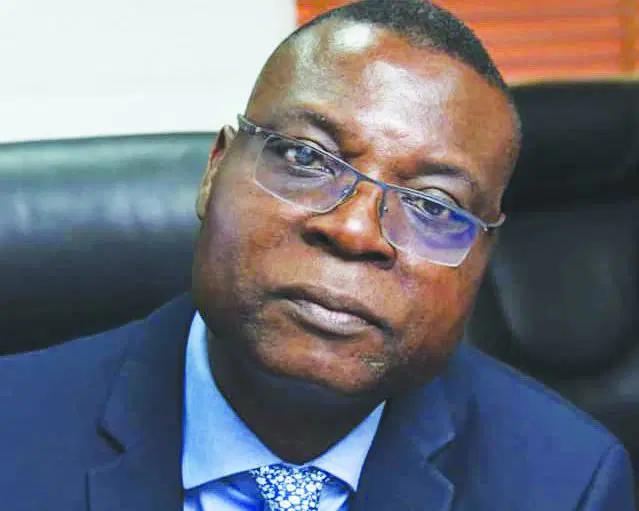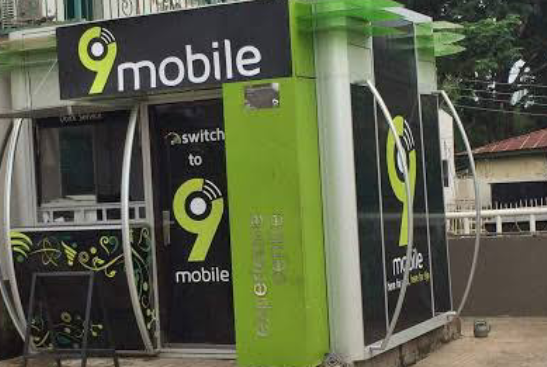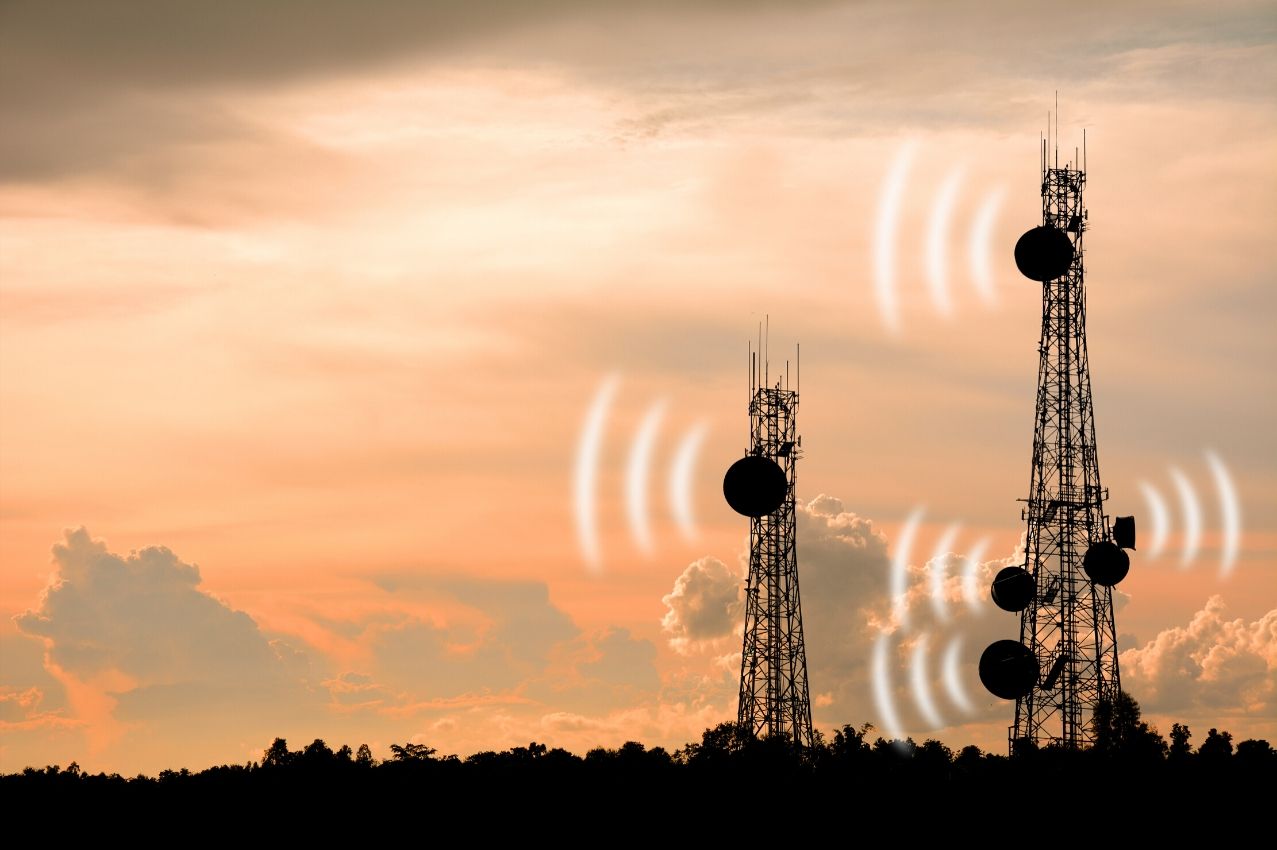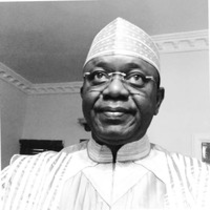When the article, Don’t let 9Mobile die, was published in February 2022, the service provider had nearly 13m lines. It was struggling for life and had so many people wishing it well. It had commitments it could hardly meet and some of us thought it was better for relevant stakeholders to work for its survival than let it go under because of implications that could be far-reaching.
We wrote at the time, “From all indications, 9MOBILE needs understanding and support from all the various stakeholders, so that it can muster enough gusto and courage, once more, to begin to meet its obligations to its creditors, suppliers and services providers. The regulator should pay more attention to the corporate governance activities of the mobile operators in order to keep abreast with their financial health. Or know when some tricks are being played.”
Has this come to pass? Has the sun returned to the spot where 9Mobile has hibernated for a long time?
Last week, the organisation announced a name change to T2. An interesting name really, which resonates. Obafemi Banigbe, Chief Executive Officer (CEO), was quoted to have said at the occasion, that, “this is not just a logo change, it’s a total evolution of who we are, why we exist, and how we deliver value.”
9Mobile has had quite a story, a little chequered, I should add. Coming into Nigeria in 2007 on the platform of Emerging Markets Telecommunication Services Limited (EMTS), with serious financial infusion from the UAE (Mubadala to be specific), the company traded as Etisalat, 9Mobile in 2017, and now T2. The market may only be hoping that this should not be the tale of the rolling stone that gathers no moss.
It was understandable when the chairman EMTS, Thomas Etu, told the gathering that, “Today marks a new beginning for the 9Mobile business. The march has been tedious. The journey has been exhausting.”
Etu said it was his belief in the nation that prompted him to invest in the company that has had a share of business misfortune. He must be a bold man, and the nation needs more of his type.
The story of the service provider can frighten anybody but Etu. From its prime days of over 22m lines, the fortunes of 9Mobile, now T2, have plummeted to 3.2m lines, according to January 2025 figures from the Nigerian Communications Commission (NCC). It may actually be less. But has 9Mobile reincarnated in T2 to defeat all the demons that once troubled its existence?
I wouldn’t know whether the excitement from the NCC provides any answer. A source at the Commission could only sketch the picture of greater things coming the way of the newly rebranded company.
“EMTS has met the regulatory requirements to do what they are doing now. They have made the necessary payments and have gotten the regulatory approvals needed,” the source told this writer excitedly.
I am not that excited at all. In that February 2022 article, we wrote:
“In spite of the excitement I see around me, the future I see of the telecommunications industry doesn’t present a sustained hope. Except there is a turn, some analysis might be needed at some point to warn those who build imaginary bridges of hope in the skies.”
The story of 9Mobile might be stirring in T2 but the larger industry remains in trouble, plagued by sundry challenges that shouldn’t be associated with an industry that is 24 years old.
Just this Tuesday morning (yesterday), a friend woke me up, screaming on the phone, what is happening to the telecommunications industry and why should the regulator allow a service provider to run a mega million promo when the quality of service is very bad?
The anger is understandable. Even in my humble abode at the nation’s capital, sometimes I have to move from room to room searching for network signals. This may translate into a hyperbole but it demands that the regulator has to be more aggressive in forcing operators into bulding out facilities that can improve quality of service instead of continuing emphasis on subscription uptake.
While emphasis here is on telecommunications, it can be nauseating to contemplate some of the things happening around. A fellow builds a couple of bridges with government money and the person becomes a hero. A politician does not meet the job descriptions (JDs) he or she assigned to self but must still feel entitled to parcel out the air we breathe. So, we have walked into a situation where progress is measured with the standard of those who believe they are doing things the right way, even as hunger devastate a majority of the people.
Just anything can happen and the people accept it as fated and continue to suffer. The other day the Association of Licensed Telecommunications Operators of Nigeria (ALTON) raised serious concerns about service disruptions becasue of disruptions to the supply logistics of diesel to cell sites across the country.
“We have received credible reports that members of the Nigerian Union of Petroleum and Natural Gas Workers (NUPENG) and the Natural Oil and Gas Suppliers Association of Nigeria (NOGASA), on Tuesday, blocked access to diesel loading depots in Kaduna, Lagos, and Koko (Delta State), preventing the distribution of diesel to thousands of telecommunications sites operated by one of our key members, IHS Towers,” ALTON informed in a statement.
Just like that. Because the diesel suppliers couldn’t be patient enough for an ordinary trade dispute to be resolved, they had to put the entire telecommunications sector in jeopardy so that both service providers and their subscribers could have a measure of their importance. This is insane!
We normalise too many bad behaviours and it doesn’t stand well for the country. In almost every sector, including even the supply of social amenities, failure is normalised and excuses are in abundant supply. Since there is a regulator that we can readily point to in the telecommunication industry, bad behaviour and failure shouldn’t be normalised, while excuses should be forbidden.
The telecommunications sector is in bad shape except the regulator is the only one not seeing it. The user experience presently doesn’t tell a good story. I am suggesting therefore, that a moratorium be placed on all kinds of promos in the industry while the regulator should bend over backwards to nurture 9Mobile, now T2, back to life. It is in our collective interest for the industry to do well.






